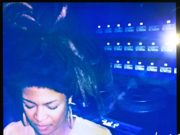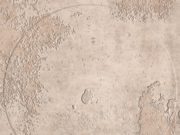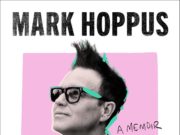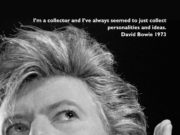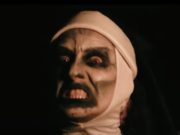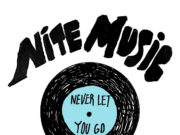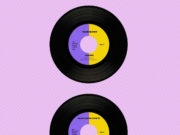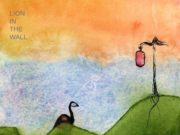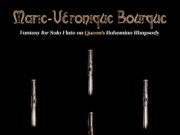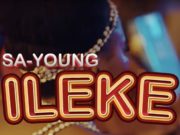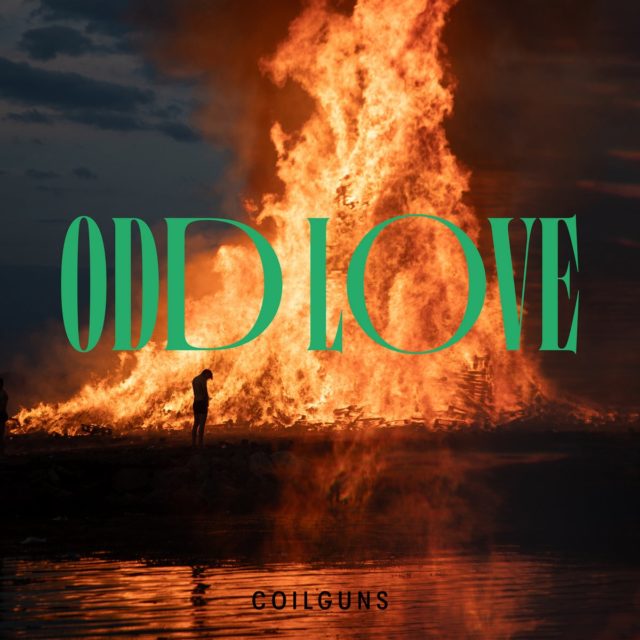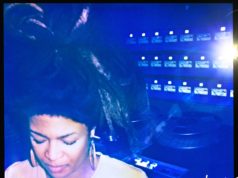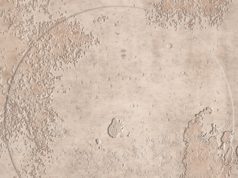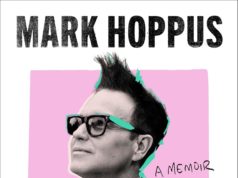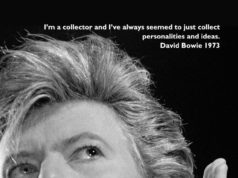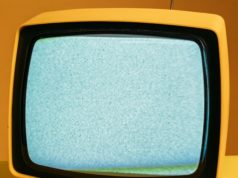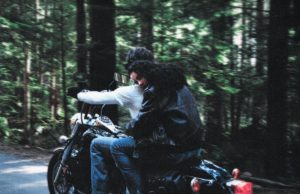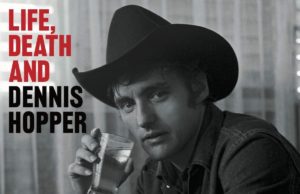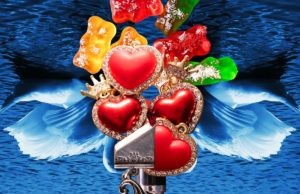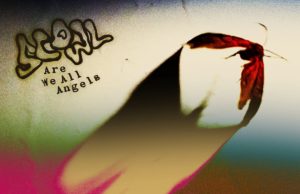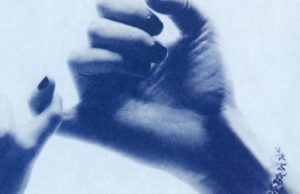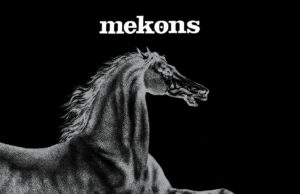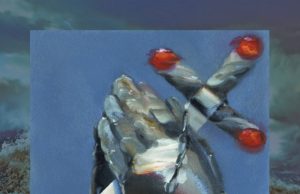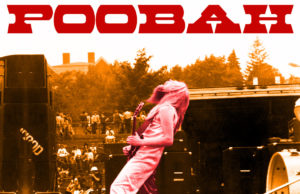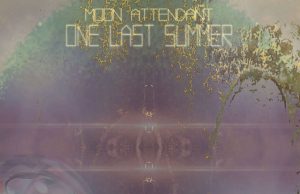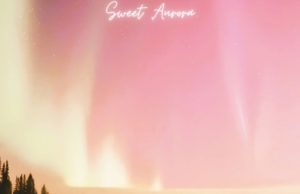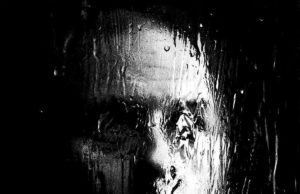THE EDITED PRESS RELEASE: “Odd Love is a way to summarize our relationship with music in itself, the overall music business and our band life,” says Coilguns’ Louis Jucker. “We’re amazed how long this band has lasted so far and the importance it has taken in our life, knowing how randomly it started. Our music has always been a sane yet intense way to process all the light and deep things we were going through in ou personal lives. Oddness is our nomality and love is our motor to achieve it.”
Much of Odd Love was initially written by guitarist and founder Jonathan Nido alone at home during the first two months of the 2020 COVID lockdown. “The starting point for the process of the new record was to go back to where Coilguns actually started, which was Jona writing songs and asking us to arrange them with him,” Jucker says.
All told, Nido wrote and prepared 14 demos to show frontman Jucker, drummer Luc Hess and bassist Kevin Galland. They worked on the songs together but intentionally let the collection sit for weeks or even months afterward, before revisiting some songs whose meaning had changed for them. “It made us go into so much detail that we’ve never had the time to go into,” Nido says. “We had decided to break all patterns. We knew that we were at the end of a certain era.”
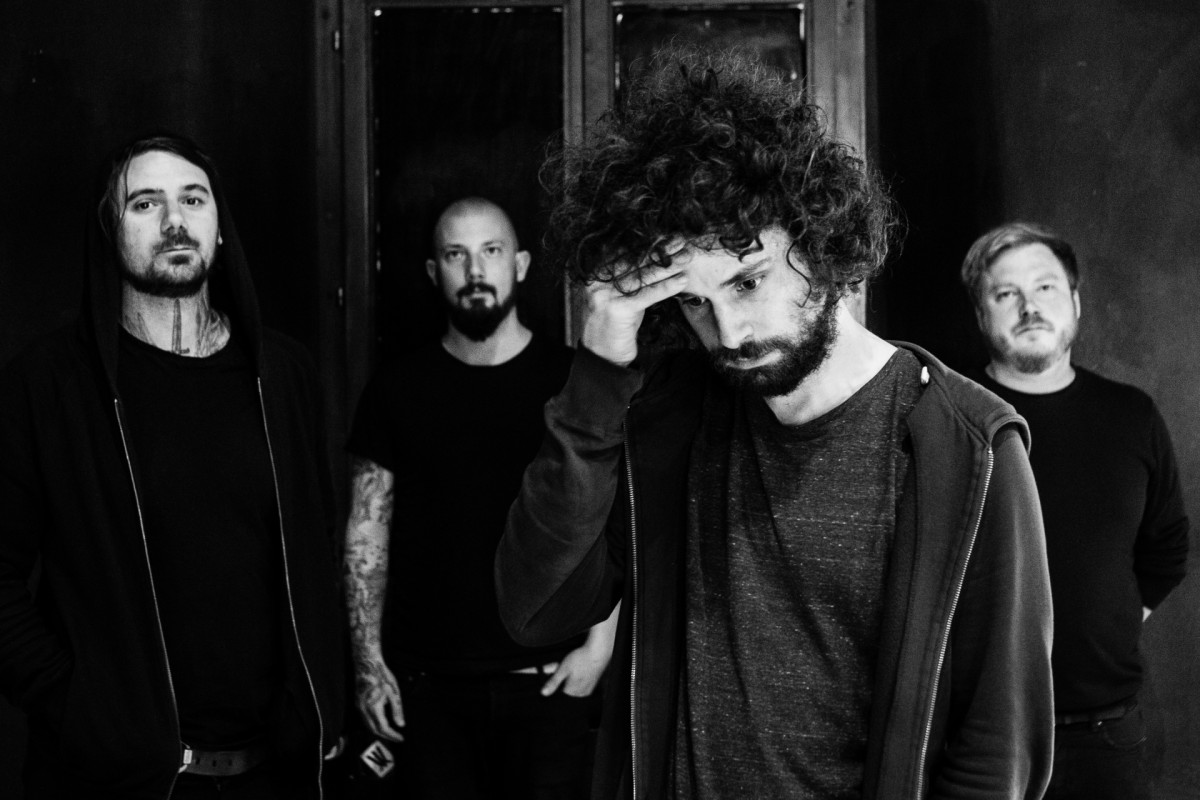
Breaking down — and breaking out of — their usual process provided the musicians with challenges that grew into great rewards. They recorded a first version of the album at their home studio, before travelling to the legendary Norwegian studio Ocean Sound, where Arcade Fire, Cult of Luna and others have recorded, and flew American producer Scott Evans (Thrice, Ghoul) across the ocean. Coilguns did much of the artistic production on Odd Love themselves, but also recruited Grammy-nominated producers Tom Dalgety (Pixies, Ghost, Royal Blood) and Robin Schmidt (Liam Gallagher, Gaslight Anthem) to mix and master the album.
All in all, it was another life-changing collaborative experience for a band that has always charted their own course. “It took us a long time to fit somewhere in a scene, since we never believed and cared so much about scenes,” says Jucker. “Our drive was to get on stage and tear it down, and we found out pretty quickly that it would be hard to turn this energy into a business plan. Through the years we tried to cherish this strangeness while adapting to this gigantic chaos that is music today. This has, for instance, seen us start our own label and create most of our tools from scratch. We’ve obviously learned a lot together, and this whole process has taught us to love ourselves for what we are: A noisy odd band from a tidy watchmaking city.”


